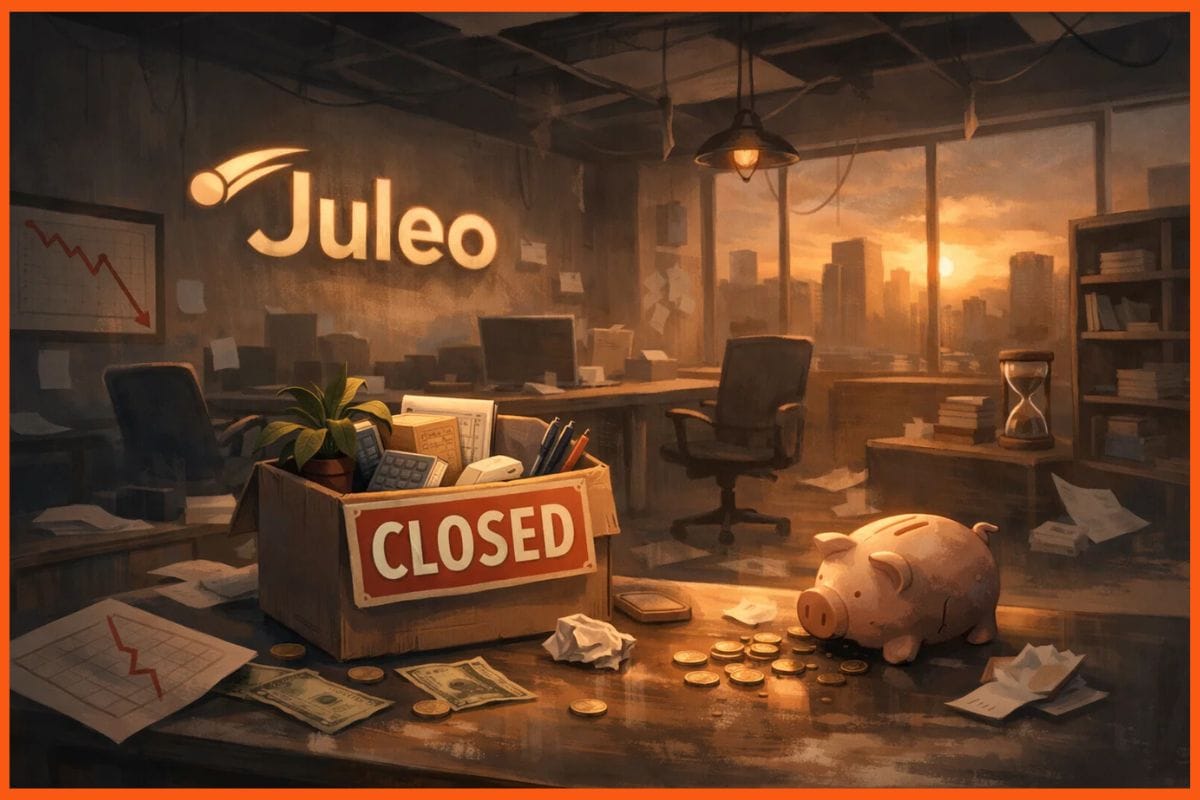The Impact of IT Rules 2021 on OTT Platforms - A Glimpse
🔍Insights
OTT platforms or Over-The-Top platforms have gained popularity across the globe, especially since the pandemic. OTT services allow access to all the contents including movies, TV shows and other forms of entertainment through the help of the internet.
The advent of OTT platforms has bypassed the requirement of cable and satellite systems for streaming. Today these services can be accessed through any electronic devices that are connected to the internet including computers, set-top boxes, smart TVs etc.
For a long period of time, content creation through OTT platforms has been largely out of the ambit of any form of censorship. Therefore these platforms have been able to showcase content that was controversial and groundbreaking.
As the popularity of these OTT platforms increased and the inflow of content in them increased, the government decided to step in. In February 2021, the government of India notified the Information Technology (Intermediary Guidelines and Digital Media Ethics Code) Rules 2021 so as to control the contents of these online platforms.
The regulations have a self-regulatory architecture with a three-tier grievance redressal system. In the first level, it is their self-regulation by their expected entities followed by the self-regulation that is exercised by the regulating bodies of these entities and then an oversight mechanism carried out by the central government.
One of the main reasons why the IT rules were introduced was because of the immense impact that various OTT platforms and social media had on the citizens of India. According to the government, these regulations are to keep an accountable control over the spread of dissent material, pornographic and other immoral and illegal activities as represented through these platforms. Moreover, it is also an attempt to reduce the menace of fake news.
OTT - A Fearless, Democratic Platform
Decreasing Charm of OTT Platforms
Censorship v\s Quelling Dissent
OTT - A Fearless, Democratic Platform
As far as the OTT platforms in the light of the new IT rules are concerned, they were supposed to bring in a lot of changes including self-regulation into their ambit.
One of the changes that they ought to bring is the age verification mechanism that has to be done for content that is classified as ‘A’. These platforms have to follow a prescribed code of ethics, classify their content as universal, adult et cetera and develop an oversight mechanism that functions under the supervision of the information and broadcasting ministry.
One of the major reasons that OTT platforms and social media have got popular in the last few years is because of the fearless, safe space for the consumers. It has become a site for prolific content creation and self-expression. It cannot be denied that such freedom has had its own negative impact on the consumers of this content. However, blanket control over these mediums in itself cannot be healthy.
When there is government supervision over what is being done, it was only inevitable that there will be an ideological bias at different levels. It can have an adverse impact on the creative freedom of the respective creators directly and indirectly.
Subsequently, those daring contents that used to reflect the realities of society will have to take a back seat. One cannot ignore the extent of control that these regulations exercise the right to dissent.
Although the government has deemed these rules as progress and liberal, the rules also insist that the Significant Social Media (SSM) should remove the ‘unlawful’ contents within 36 hours of raising the issue. These rules are not only applicable to social media like WhatsApp and Twitter but also the OTT platforms.
Decreasing Charm of OTT Platforms
As far as the OTT platforms are concerned, one needs to look at the future of their USP. A thing that made these platforms stand apart was the variety and nature of the contents. They were not available through the general cable TV channels nor in theatres.
These platforms have become conduits of bringing quality content into the living rooms of interested audiences. They were developing as a democratic platform wherein people without a well-established fan base can pitch in their content in an efficient manner. However, with the imposition of ethical moral codes on the OTT platforms, these distinct features are going to be blurred.

There will be only one-sided, supervised and biased content that won’t have anything much to offer. Over time, we can witness the OTT platforms becoming just another replica of all the censored contents that were available before the advent of these platforms.
According to Sidharth Anand Kumar, the Vice President of Saregama Films and Events, “OTT is getting more popular and becoming a mass medium, there needs to be an onus placed upon makers and businesses to adhere to certain norms of civility but it is a slippery slope. Stories are a reflection of our life and times, and excessive censorship makes them seem fake and unreal, which drives audiences away due to a lack of authenticity. I’ve always felt that proper certification and even “trigger warnings” are a much better way to protect the interests of the business as well as the creative community and audiences”. However, these opinions become a feeble cry as long as the word ‘censorship’ is loosely defined.
Revenue generation is the most important part of a company’s sustenance, the OTT platforms will have to rely more on the advertisements than on content curation in itself.
Censorship v\s Quelling Dissent
The Information and Broadcasting ministry has made their rationale very clear to the citizens/ They believe that “All media must have the same justice system”.
It was when the idea of self-regulation by digital platforms failed that the government decided to step in to develop an institutional mechanism for the newly sprouted media. However, the ways in which the authenticity and freedom of content creation will be put in a tough spot is very evident with the extent of banned shows and series that had good viewership earlier.
One of the major examples is the pulling down of the popular series called ‘Bad Boy Billionaires’ from Netflix. The idea of censorship should be differentiated from the right to dissent. If not used categorically the OTT regulations can be misused as a way to water down opposing opinions in the name of censorship.


Conclusion
It is true that all media platforms should be under some control and oversight mechanism to prevent the spread of xenophobic and anti-national content. However, it should be clearly negotiated through very relevant aspects like freedom of expression and creative independence.
FAQs
What are OTT rules?
OTT rules are IT Rules introduced by the Indian government to regulate the content on ott platfomrs.
Is there any censorship on the OTT platform in India?
Yes, IT rules were introduced in 2021 to regulate OTT platforms.
Why should OTT not be censored?
OTT platfomrs should not be censored as it will end the creative freedom of ott platfomrs and will interfere with the content that viewers will consume.
Must have tools for startups - Recommended by StartupTalky
- Convert Visitors into Leads- SeizeLead
- Website Builder SquareSpace
- Run your business Smoothly Systeme.io
- Stock Images Shutterstock






